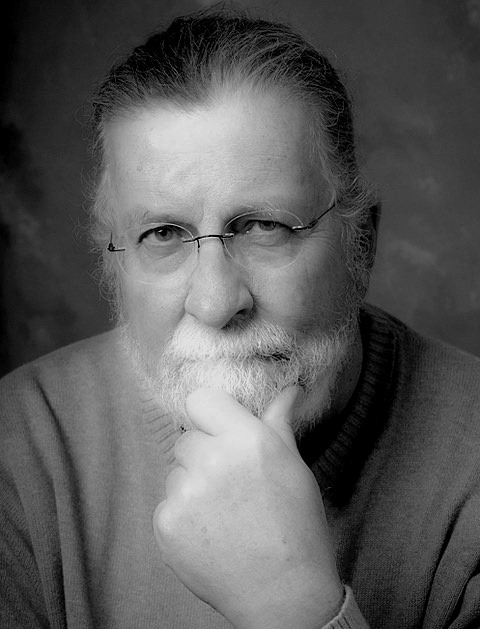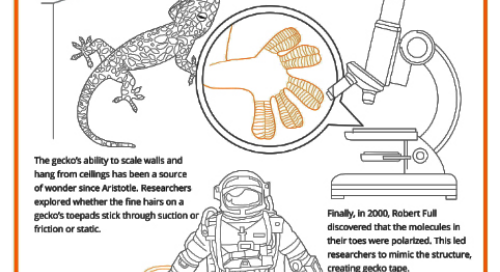research-integrity-in-the-asia-pacific-region
March 27, 2018
The 3rd Asia Pacific Research Integrity (APRI) Network Meeting held in Taiwan, February 26th-28th 2018. served as an important platform for the leading experts in the field of research integrity to share their ideas and knowledge in the Asia Pacific region. Approximately 180 researchers and professors who are engaged in activities of Research Integrity (RI) presented on ethics issues and introduced RI learning programs from the researcher’s point of view. It was so exciting to hear what researchers who usually communicate with us (as a publishing company) think about RI.
Below are a couple of key themes that emerged from the meeting.
Authorship Disputes
Dr. Surendra S. Shastri (Tata Memorial Centre, India) presented on the importance of listing the proper authors who contributed the work accurately in any research documents and papers. He also introduced the International Committee of Medical Journal Editors (ICMJE) 2017 guidelines which suggest “All persons designated as authors should qualify for authorship, and all those who qualify should be listed”. Furthermore, he raised an issue about “why authorship disputes happen?” Ghost authorship, Guest authorship, and Gift authorship are unacceptable. Ghost authorship is when an article is written by a ghost-writer, a professional writer or communication specialist who may not have conducted the research or clinical trials on which the paper is based. In some cases, this might serve to improve scientific literacy, but there needs to be transparency and guidelines around the practice. Guest authorship names those affiliated with a study, such as a supervisor in a lab, even if they did not have direct contribution to the research or the article. These attributions can be presented to individuals who have not done the work, as “Gifts,” and clear author guidelines need to be in place for preventing this situation.
Even though these types of authorship are unethical, early career researchers tend to fear speaking up against authorship misconduct as they are afraid of the threat to their career advancement.
Research Integrity Training
Professor Iekuni Ichikawa (Shinshu University, Japan) introduced the Collaborative Institutional Training Initiative (CITI) program in his presentation. The CITI program uses e-learning to teach codes of conduct to researchers, offering courses on everything from ethics to oversight, and the responsible conduct of research. The goal of the program is to educate the leaders of ethics committees who review and oversee research, and promote ethical research through greater education. He is the Executive Director of the Association for the Promotion of Research Integrity (APRIN) and also established the Japanese version of the CITI program.
The Japan Science and Technology Agency (JST) now require researchers who are part of a new project funded by JST to take e-learning courses. He insisted that it’s a researcher’s “social responsibility” to guarantee “reliability of scientific research”. It’s imperative that all researchers take a series of education courses to learn these safeguards, so they can reduce the chance of misconduct.
Looking ahead to next year, the 6th World Conference on Research Integrity (WCRI 2019) in Hong Kong will move these conversations and ideas forward, offering further practical and evidence based discussions on research integrity.
Image Credit: Yuko Sumino







